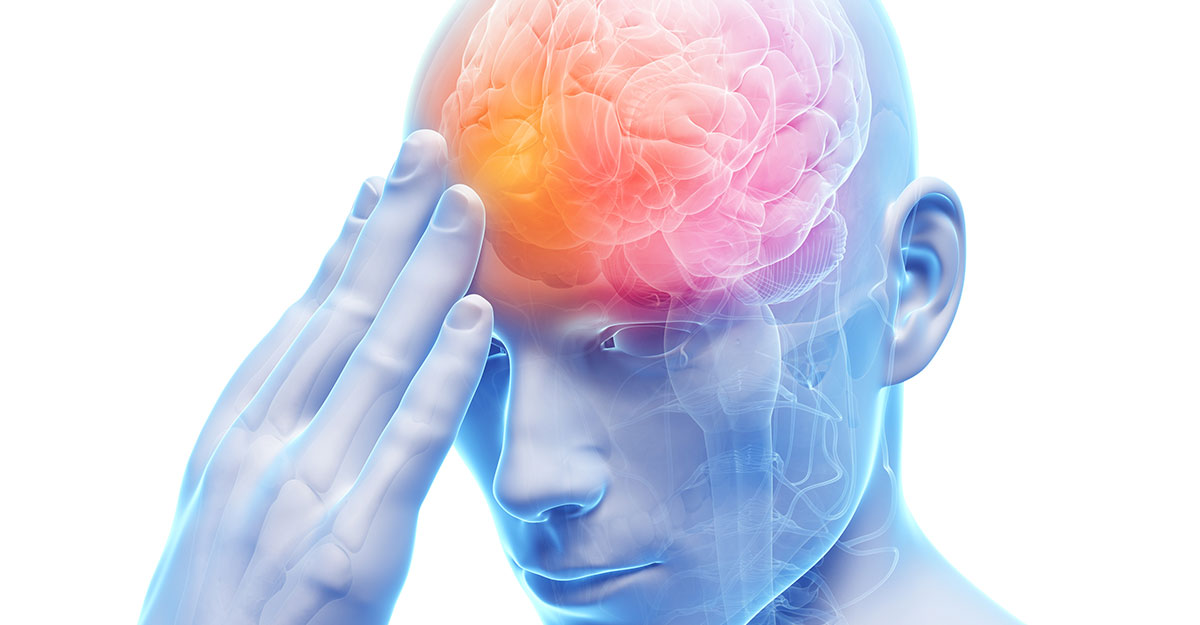New Patients
Your first visit to Lansing Chiropractic Clinic & Wellness Medical involves a few special steps so that we can get to know you. To understand what to expect, please read through this page. You'll find all the practical information you need, such as a map and directions to our office, practice hours, payment policies and more. We also describe our first visit procedures. You can even save some time by printing out and completing the new patient forms in advance of your appointment.
Mission Statement
Our mission at Lansing Chiropractic Clinic and Wellness Medical, S.C. is to provide inexpensive, high-quality care to people of all ages. We strive to not only correct a person's health problems, but to educate and enlighten people so that they do not encounter similar problems in the future.

Be ready to provide your medical history, which will be essential for preparing a course of treatment for you. Medical records, such as diagnostic test results, or imaging results, such as X-rays and MRIs, also will provide important information about your condition.
Certain things in your health history are particularly vital to a chiropractor. This information could provide important clues that will allow your chiropractor to properly diagnose your problem. Such clues include whether you have or have had:
- Bone disorders, such as osteoporosis
- Circulatory problems (poor circulation could be a sign that you have a subluxation, for example)
- Dizziness or blurred vision
- Heart conditions such as hypertension or high blood pressure
- Infections, especially those affecting your spine
- Injuries, such as bone fractures, muscle sprains, or disc injuries
- Joint disorders such as arthritis
- Sleep apnea
Be prepared to answer such questions as:
- Did the onset of your pain immediately follow an injury?
- Is there anything you do that improves or worsens the pain?
- When and how did your pain start?
- Where is the pain centered?
The physical exam
Here's what to expect:
The first order of business is checking your vital signs, reflexes, and blood pressure.
Sometimes measurements will be taken to determine arm and leg length. Next, you will be asked to do a series of simple and easy activities or exercises. These exercises will provide information about your motor skills, balance, and gait, among others. These tests also help determine your range of motion, muscle tone and strength, and integrity of your nervous system. Any abnormalities could provide clues about a condition. You may be asked to:
- Bend forward, sideways, or backwards - Misaligned spinal vertebrae can sometimes be detected during this exercise.
- Flex and extend your leg - This is a test for signs of sprain and helps determine the integrity of your joints (also called the "Yeoman's Test").
- Grip something such as a rubber ball – Your grip strength is vital for showing signs of muscular or nerve damage.
- Lie down and raise one leg - This is often referred to as the "Thomas Test," in which the chiropractor gently pushes on your raised leg to check for hip joint mobility.
- Stand and raise one leg - This test can sometimes show whether you have sciatica, a nerve disorder in your lower back. Another test may involve pushing on your raised leg to determine whether you have pain, inflammation, or imbalance in the joints between your spinal vertebrae. (This is also called the "Psoas Muscle Test.")
- Stand or sit - Posture can sometimes show whether you have misalignments in your spine.
- Walk a straight line - This test measures your gait, and helps to determine if you have a normal walking pattern.
- Walk in Place - Abnormalities in the way your pelvis and spine coordinate can be seen during this test.
Next, a short physical exam by the chiropractor will involve palpation, or use of the hands, to explore the alignment of your spine and other structures, as well as provide information on any stimuli that may cause pain. Depending on your condition, a series of diagnostic tests may follow. These tests may include MRIs, CT scans, X-rays, blood work, and other laboratory tests.
The chiropractor may also consult with you about making important lifestyle changes, such as exercise, nutrition, and smoking cessation to improve your chances of healing faster or preventing further injury.